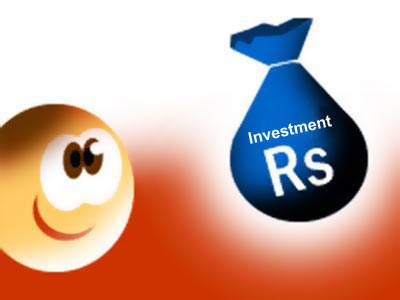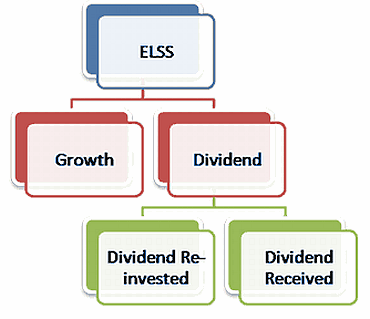
Mutual funds have become an integral part of every individual's asset allocation. But with the ever-changing finance industry and the new rules brought out by SEBI, are you sure you are up-to-date on your mutual funds gyaan?
Let us find out by taking a simple quiz:
1. What is a mutual fund?
a) A professionally managed collective investment scheme which pools money from many investors and invests in stocks, bonds, short term money market instruments and other instruments
b) A professionally managed collective investment scheme which pools money from many investors and mainly invest in stocks.
c) A professionally managed collective investment scheme which pools money from many investors and mainly invest in debt instruments.

2. Most mutual funds offer investors the benefit of diversification, professionalism, management and liquidity?
a) True
b) False
c) Can't say

3. Advantage of mutual fund is?
a) You can double your money in five years
b) They are a risk-free investment
c) It offers an opportunity to invest in diversified, professionally managed basket of securities at a relatively small investment.

4. Mutual fund's NAV stands for?
a) New Asset Value
b) New Allocation Value
c) Net Asset Value

5. How often is NAV calculated?
a) Every working day
b) Once a week
c) Twice a week

6. What is equity mutual fund?
a) A fund that principally invests in stocks where 75 per cent of the fund is invested in stocks and the balance in debt instrument and cash component.
b) A fund that principally invests in stocks where 80 per cent or more funds is invested in stocks and the balance is debt instrument and cash component.
c) A fund that principally invest in stocks where 60 per cent of the fund is invested in stocks and the balance in debt instrument and cash component.

7. What is the daily cut off time for which equity scheme applications are accepted at the same day's NAV?
a) 12 pm
b) 3 pm
c) 3.30 pm

8. What is debt mutual fund?
a) An investment pool in which core holdings are fixed income investments where 60 per cent of the fund is invested in fixed income investments and balance in equities
b) An investment pool in which core holdings are fixed income investments where at least 80 per cent of the fund is invested in fixed income investments.
c) An investment pool in which core holdings are fixed income investments where at least 70 per cent of the fund is invested in fixed income investments and balance in equities.

9. Which of this mutual fund investment is considered to be least risky?

10. What is systematic investment plan?
a) An investment programme designed to time the market.
b) A plan to prevent losses when markets are falling.
c) A plan whereby you invest fixed amount of money at regular intervals.

11. What is advantage of SIP?
a) You can time the markets.
b) Rupee cost averaging.
c) You avoid making losses.

12. What is an ETF?
a) Electronically transferred funds.
b) Exchange transfer funds.
c) Exchange traded funds.

13. ETF units bought at the stock markets are allocated through?
a) Statement of account.
b) Issue of unit certificates.
c) Credit to demat account.

14. Can you invest in gold through mutual funds?
a) Yes.
b) No.
c) Can't say.

15. How are gold ETFs treated for assessing tax?
a) Same tax treatment as physical gold.
b) Same tax treatment as non equity-oriented funds.
c) Same tax treatment as equity-oriented funds.

16. FMPs are structured so that there is no?
a) Credit risk.
b) Mark-to-market risk.
c) Interest rate risk.

17. If you are investing an amount of Rs 10,000 in a mutual fund but through a broker do you need to be KYC complaint?
a) Yes.
b) No.
c) Can't say.